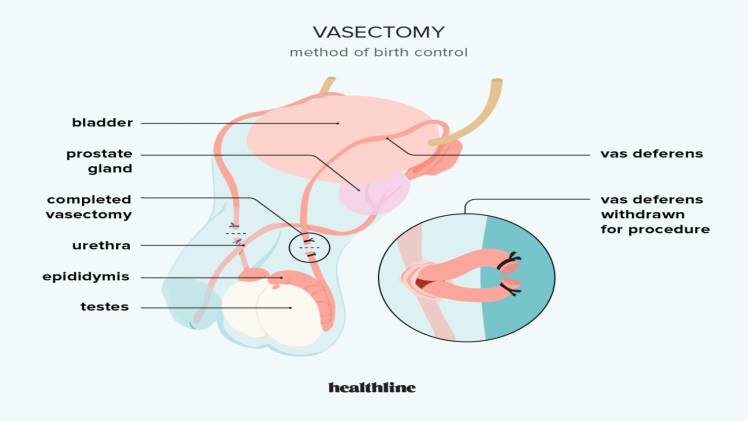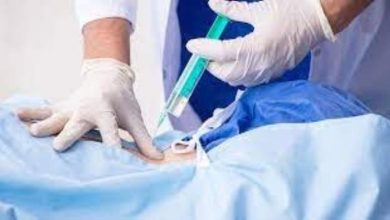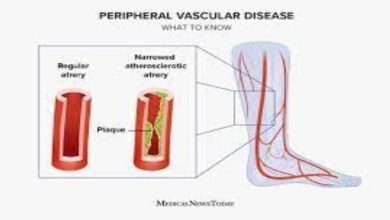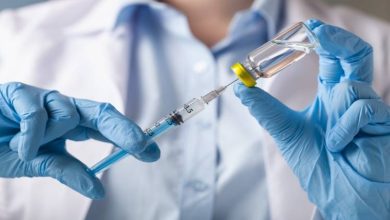Strategies and Guidance for Pain Management After Vasectomy

Starting your journey toward pain management after a vasectomy is crucial. It ensures a smooth and comfortable recovery after the entire surgery. The decision to undergo this procedure is often followed by questions like how to manage discomfort afterward. You should recognize that pain management is an essential aspect of your recovery. Undergoing Vasectomy is a very significant decision, and it has its afterthoughts.
You must understand that it’s natural to have concerns about the post-operative phase, especially about pain management. Understanding that discomfort and pain will follow for a few days is the first step toward pain management. To get better guidance, book your appointment with a new york vasectomy today!
What Are the Strategies For Pain Management?
- Rest
You must accept that pain levels will vary from time to time and person to person. It’s common to experience mild to moderate soreness, swelling, or bruising around the area where surgery is performed. Resting is a vital component of the post-operative surgery phase. Your body needs time to heal, and giving it the rest it deserves will speed up the recovery. If you try to engage in more activities, you won’t be able to allow your body to recover naturally.
- Medications
If you consider taking over the pain medications, it can help you to manage your discomfort. You should consult your healthcare provider before taking these medications. Based on your health reports, they will help you decide the correct dosage and the frequency you should take it. The deciding factor of you taking these medicines will depend upon your health reports, and your health care provider will help you get the proper medications in the right amount.
- Proper Care
It is very crucial to keep the surgical site clean and dry. Following the guidelines given to you by your doctor will help you prevent any infections and promote healing. Ice packs can be a great lifesaver if you face swelling and pain. You can apply an ice pack around the surgical area in short intervals so it can provide you instant relief. Elevating the surgical site using a pillow will help reduce swelling and ensure proper blood circulation. Wearing underwear that supports and offers gentle compression should be preferred during healing.
- Balanced Diet
Having a nutrition-rich diet will help your body’s healing process. Foods rich in vitamins, minerals, and protein are beneficial for healing. Proper fluid intake also helps minimize discomfort and promote the body’s recovery. Staying hydrated and having a balanced diet will help you much more than you realize. Keep scheduling follow-up appointments with your healthcare provider to ensure that there are no concerns regarding your health.





